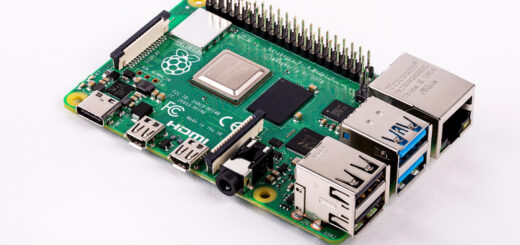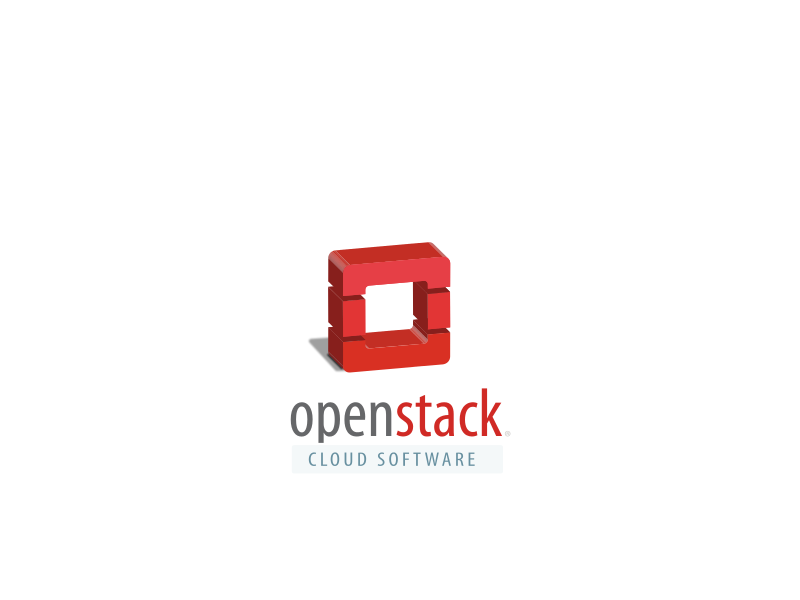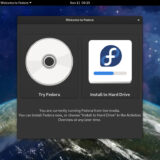What can Linux do that Windows can’t

This week, while surfing the Internet I encountered an interesting thread with this title. It may be easy for Windows users to see what Windows can and Linux can’t. In this article (mostly for Windows users) you will see the other side of the coin.
What can Linux do (that Windows can’t)?
- Change appearance: On Windows you’re stuck with the default appearance of the desktop/panels/whatever and may only modify it through custom themes or programs like Rainmeter. On Linux there are Desktop Environments that propose different ideas about the desktop and/or panels or other components. For example, in Linux it is not uncommon to have a dockbar and a windows panel in different positions.
- Update everything with a click: Windows Update is great to update the operating system, but many programs in Windows require you to actually open the browser, search the updated installer, install and follow the process. On Linux both operating system and software updates are usually managed by a package manager, which is one of the top ten reasons to use Linux.
- Uninstall without a trace: Many Windows users (usually geeky ones) are worried about leftovers produced by uninstalled software. This problem used to be really big in the past for Windows, today it has improved. In Linux, software installed through a package manager can be removed with ease and won’t slow down your installation over time.
- Work out of the box: Although there are cases Linux can’t properly boot or won’t work with the newest hardware out there, chances are it will work out of the box without user intervention. If you’re asking why this is a point, you probably haven’t lived the XP era. Its users may remember the need for drivers even to start the installation process.
- Command Line: Windows users are used to use graphical interfaces to get everything done. Linux users have the power to complete their jobs also using the command line (the monster feared by many Linux users themselves). Although on Windows you can get Unix commands and even a decent command line, PowerShell the true native competitor is years behind the power of the Linux command line.
- Troubleshoot: In Windows if a software doesn’t work the common option is: reinstall. In Linux you can search for the exact error and try to fix it (reinstalling won’t probably work). In Windows if the reinstall option doesn’t work you’re stuck, in Linux it may be a nightmare (it is to beginners) to troubleshoot but it may be worth the effort.
- Be safe: Although in a recent article I told you that Linux has got viruses, you are less prone to be infected while on Linux. In Windows you have higher chances of getting infected and will have to use part of the machine power to run an anti-virus (which can easily spy on you).
- Run on older hardware: Thanks to light desktop environments Linux can run well even on older hardware while Windows will struggle and will force you to buy newer hardware to get the newer version of the operating system.
- Adapt to your knowledge: In the past Linux used to be difficult for beginners and have a steep learning curve, today that has changed for better. The point here is: Linux can be as simple/difficult as you want it to be. If you are a beginner you will find yourself at home, when you will become an intermediate user the system won’t change, your perspective will change.
- Usually free: there is paid software for Linux and paid distributions like RHEL, but most software and distributions are free and use free software.
- Provide source code: Open Source means you have to provide the source code. Being able to read what runs on your machine gives you the power to mix and also to be sure that there are no backdoors or malicious software that spies on you. This should be the first entry in this list but its kept for last only because it is often overlooked by Windows users.
Conclusions
In this article you’ve took a step outside of your comfort zone (Windows users); reinforced the concept “why am I still here?” (Linux users). What do you think? What points have I missed? Is one of these points not enough important to be counted as such?
Image courtesy of Liam Quinn.
- 2020 A year in review for Marksei.com - 30 December 2020
- Red Hat pulls the kill switch on CentOS - 16 December 2020
- OpenZFS 2.0 released: unified ZFS for Linux and BSD - 9 December 2020









Recent Comments